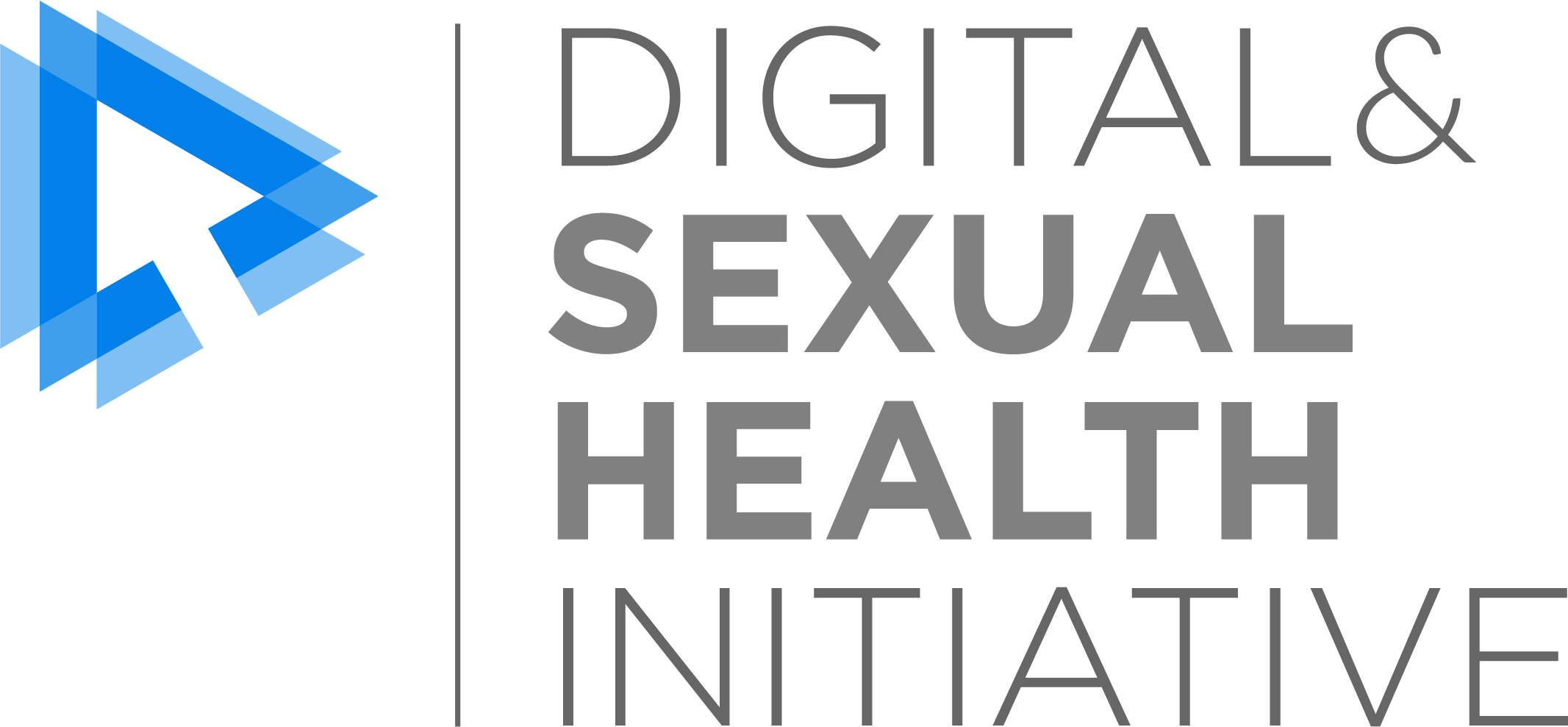Post-test comparison of HIV test knowledge and changes in sexual risk behaviour between clients accessing HIV testing online versus in-clinic
Research theme(s)
Internet Based Testing
Travis Salway, Kimberly Thomson, Darlene Taylor, Devon Haag, Elizabeth Elliot, Tom Wong, Christopher K Fairley, Troy Grennan, Jean Shoveller, Gina Ogilvie, Mark Gilbert
Sex Transm Infect Published Online First: 13 January 2019
Links
Blog Post
Objective
Internet-based HIV testing offers the potential to address privacy-related barriers to testing and increase frequency of testing but may result in missed opportunities related to sexual health education and prevention that typically occur in face-to-face encounters. In this study, we assessed the HIV test knowledge and sexual risk behaviour of clients testing for HIV through GetCheckedOnline, an internet-based sexually transmitted and bloodborne infection testing platform inclusive of HIV testing, in comparison to clients testing through a large sexual health clinic.
Methods
We concurrently recruited GetCheckedOnline clients and clinic clients from Vancouver, Canada, over the course of a 10-month period during 2015–2016. Participants completed baseline and 3-month questionnaires, anonymous and online. A six-item score was used to estimate knowledge of HIV test concepts typically conveyed during an HIV pretest encounter in a clinic. We used multiple regression to estimate associations between testing modality (online vs clinic based) and two outcomes—HIV test knowledge and change in condom use pre/post-test—with adjustment for relevant background factors.
Results
Among 352 participants, online testers demonstrated higher HIV post-test knowledge than clinic-based testers (mean score 4.65/6 vs 4.09/6; p<0.05); this difference was reduced in adjusted analysis (p>0.05). Men who have sex with men, clients with a university degree, those who have lived in Canada >10 years and English speakers had higher HIV post-test knowledge (p<0.05). Eighteen per cent of online testers and 10% of clinic-based testers increased condom use during the 3 months post-test (p>0.05).
Conclusions
In this comparative study between online and clinic-based testers, we found no evidence of decreased HIV test knowledge or decreased condom use following HIV testing through GetCheckedOnline. Our findings suggest that with careful design and attention to educational content, online testing services may not lead to missed opportunities for HIV education and counselling.
